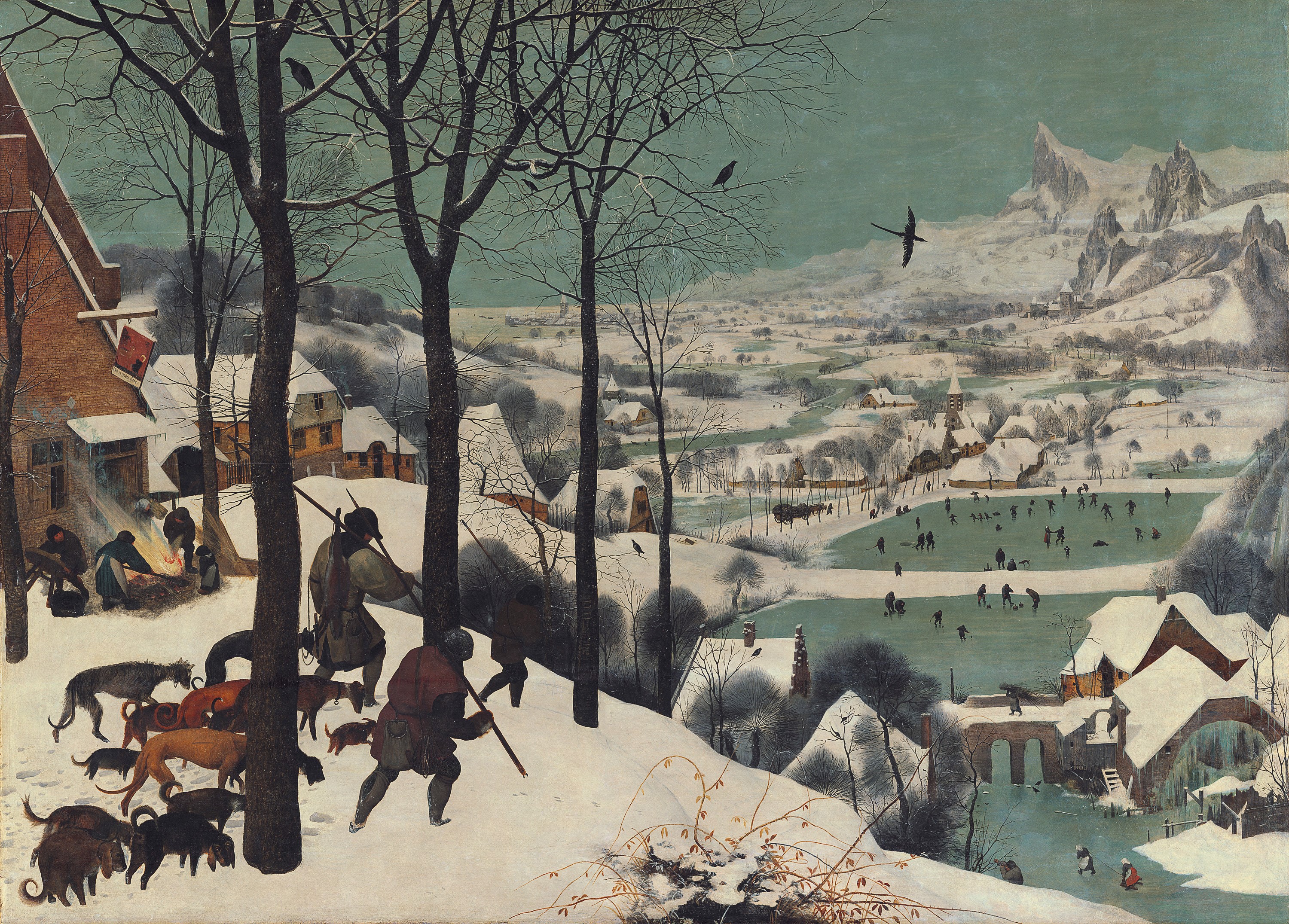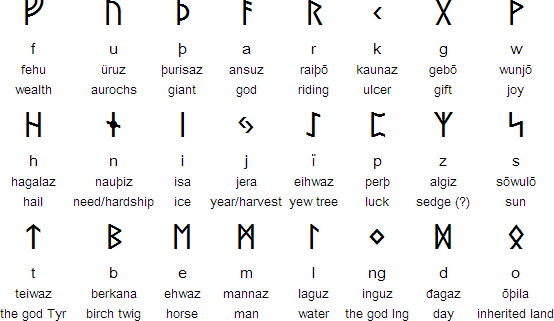 I read this story as part of my Spanish Challenge. It is a classical ghost story like those of Charles Dickens or MR James. It comes from his collection Strange Pilgrims / Doce Cuentos Peregrinos. Reading these Marquez’s short stories for the first time, I conclude that they are probably more accessible than his magical realism novels to many readers.
I read this story as part of my Spanish Challenge. It is a classical ghost story like those of Charles Dickens or MR James. It comes from his collection Strange Pilgrims / Doce Cuentos Peregrinos. Reading these Marquez’s short stories for the first time, I conclude that they are probably more accessible than his magical realism novels to many readers.
One Sunday in early August, a family seek out The Renaissance castle of Venezuelan writer Miguel Otero Silva for a visit in the Tuscan countryside. They have difficultly locating it and on asking directions are warned that the house is haunted and not to stay overnight. Inevitably they do. But before retiring to their modernised ground floor room, they are shown the rest of the house including the unchanged room where the original owner, Ludovic, killed his wife and set his own dogs upon himself. .All seems well when the man of the family wakes up the following morning. His wife is still sleeping soundly and his children are in the adjacent room. But all is not well.
Marquez hardly builds any tension in the story, but lays the foundation simply in the warning and in the description of Ludovic’s room.
“Era el dormitorio de Ludovico.
Fue un instante mágico. Allí estaba la cama de cortinas bordadas con hilos de oro, y el sobrecama de prodigios de pasamanería todavía acartonado por la sangre seca de la amante sacrificada. Estaba la chimenea con las cenizas heladas y el último leño convertido en piedra, el armario con sus armas bien cebadas, y el retrato al óleo del caballero pensativo en un marco de oro, pintado por alguno de los maestros florentinos que no tuvieron la fortuna de sobrevivir a su tiempo. Sin embargo, lo que más me impresionó fue el olor de fresas recientes que permanecía estancado sin explicación posible en el ámbito del dormitorio. “
Subtle and not over the top. No blood and gore. Just well drawn. Note: pasamanería - I had to look this up even in English which uses the term passementerie for the art of making fancy trimmings and edgings for clothing or furnishings using gold or silver braid,cord, silk threads, or beads.

 The Spanish version I worked with is found
The Spanish version I worked with is found 

 Casa Tomada
Casa Tomada I wanted to set myself a private challenge to maintain my interest levels and since I think reading improves vocabulary enormously. Being an avid reader anyway and quite often reading short stories with my
I wanted to set myself a private challenge to maintain my interest levels and since I think reading improves vocabulary enormously. Being an avid reader anyway and quite often reading short stories with my  The Wandering Falcon
The Wandering Falcon

